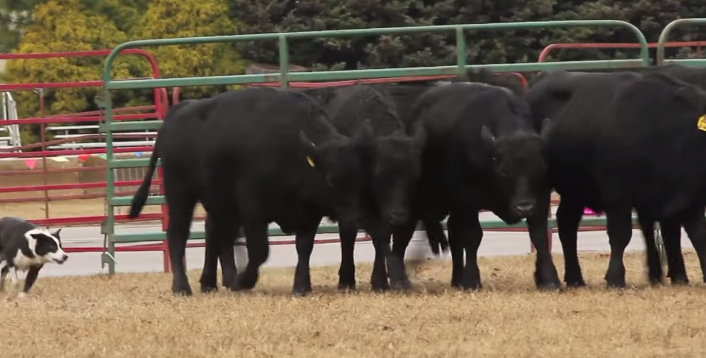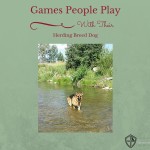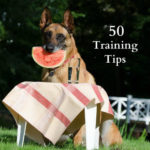Keeping Up with the Herd
Energetic, smart, and agile, herding dogs were developed to control large flocks of animals and understand teamwork. People are no strangers to herding and teamwork. If you've ever had to keep track of your friends on a Saturday night, or maintain a household, call yourself a shepherd! But with both dogs and humans having the intelligence and ability to live largely independent of one another, why do we even bother to forge friendships, express love, or show loyalty – why join together at all?
Most psychologists agree on these five reasons for group formation:
- Companionship: For the simple sake of the company of others
- Survival and security: Historically and evolutionarily, our ancestors would contribute to group experiences for hunting and defense
- Affiliation and status: Membership can provide individuals with a certain social status or security within the group and outside of it
- Power and control: Groups always need a leader; some individuals feel they need to exert their power and opinions over others and can within group settings
- Achievement: Groups have the capability to achieve more than individuals acting alone
Your dog recognizes these same reasons, and by bringing them into your home, you are welcoming them to your pack. By bringing a herding dog – like a border collie – in, there is no doubt who is ready to be the hardest working member on your team.
The Family Tree
Herding dogs were developed to help control and direct herds of cows or sheep out to pasture or back to the barn. The American Kennel Club currently recognizes dozens of breeds in its herding group label, all defined by the natural ability to control the movement of other, larger animals, through nipping at them, barking, or circling around them.

Does this mean you have to live on a farm to own a herding dog?
Put away the rake and shovel, because thankfully, not at all. Today herding dogs are used more as companions than working dogs. They make great a household pet, but these breeds still come with a lot of responsibility!
Because herding dogs were trained for hundreds of years with a purpose, this instinct is in their blood – they are born to move and stay moving. Your collie or shepherd will need a suitable outlet to replace this natural tendency to chase and herd other things. To nurture this instinct, provide your shepherd or collie with suitable exercise and play, socialization, training, and a lot of free space. If not, they can be destructive of toys and furniture and can attempt to herd your family, friends, and other neighborhood pets.
Recall, as you go along this journey, you and your herding dog joined together mutually to seek camaraderie and leadership. Thus it is important that your obedience exercises teach impulse control and respect in a fun and constructive manner. Creating a level of shared understanding between you and your herding dog is paramount to a successful relationship. Teaching them how to sit, go and stay with reward is a great place to start. After training, they should look to you for direction, as the ability to understand each other now comes naturally. You and your herding dog will be teammates.
Do you have a great relationship with your dog? Tell us how you got there! What was the biggest challenge you had to overcome to achieve it? We love to hear these things! You can sign up to our email list and reach out!






